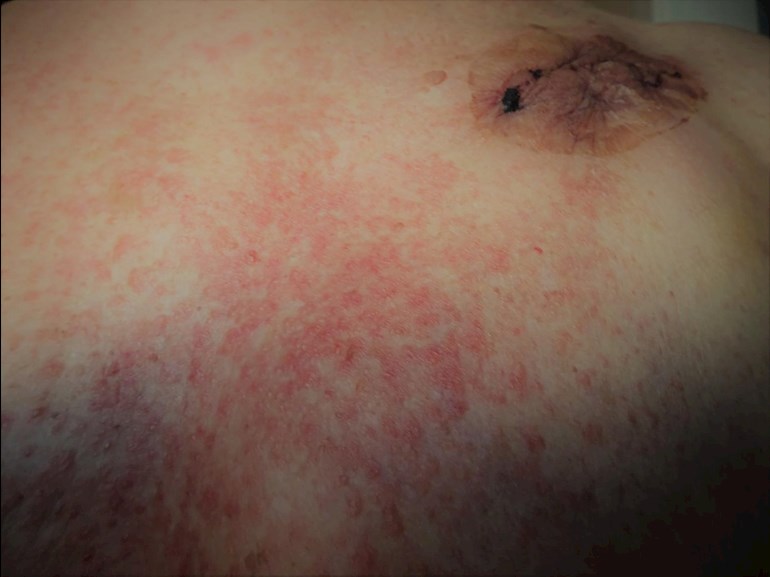I was diagnosed with Hypertrophic Cardiomyopathy about 3 years ago, and after several bouts of arrhythmia in the last few months, my consultant said I needed an ICD as a precautionary measure. I was a little apprehensive about it, but decided to go ahead. I was very nervous the day I went into hospital to have it implanted, but I needn’t have worried. Everything was explained to me before I went to theatre, and by the time I was given the sedative, I was quite relaxed. The operation took about an hour, and I didn’t feel any pain at all, although I was awake, but sleepy. Shortly after I returned to the ward I was given a cup of tea and something to eat, then slept for a couple of hours. The ICD was checked, and I had a chat with the surgeon, and was given some strong antibiotics to take for 3 days, then I was allowed home. The first night, I had trouble getting comfortable enough to sleep, but by re-arranging my pillows, I found the best position. I had very little pain after the first 24 hrs, and felt fine.
On day 4, I woke up with an itchy, red rash on my chest and neck. I rang the hospital day ward and they asked me to go down so they could check it. After a discussion with the surgeon on the phone, the nurse said it was probably an allergy to the iodine solution used in theatre, and suggested I get some hydrocortisone cream and some Piriton from the pharmacy. After 3 more days, the rash was spreading rapidly across my chest and down my left arm, so I rang my GP. He sent a prescription for stronger antihistamine called Fexofenadine to my local pharmacy. The rash, which originally looked like prickly heat, had become a purpley-red mass, and itched like mad. It took 4 more days before it started to fade and become a lot less itchy, I took the antihistamine for a week, bathed the area with tepid water and a mild cleanser and moisturised with a non-fragranced lotion, and after 2 weeks, it had disappeared. Apparently this kind of reaction is fairly common, but my concern was that it was caused by the implant, and it might have to be removed. If anyone is worried about any kind of reaction after any operation, call your GP or health care professional straight away to make sure it’s nothing serious.
